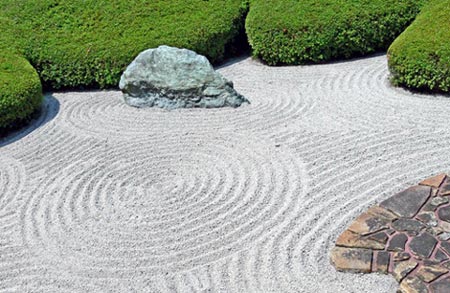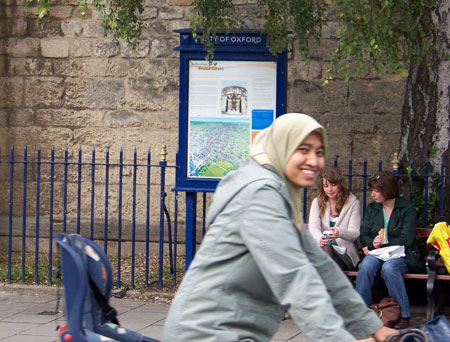
Life is really simple, but we insist on making it complicated.
~Confucius
I love simplicity. The idea of minimalism is also fascinating. The complexity of modern life only heightens the contrast between a path of simplicity and a path of complexity and clutter.
I am often drawn to a minimalist approach – this usually involves having a large scale clear out of all my clutter. I get great joy from giving unused things away. (though invariably, I will later find that the unused bike light of 2 years is suddenly needed.)
But, if life is stressful and cluttered it is very worthwhile evaluating what we can do without.
The More We Possess the More We Have To Worry About.
How many things are there which I do not want.
~ Socrates
The more we posses the more we worry about losing what we have. The more things that grab our attention, the more stressed we can be. Letting go of unnecessary possessions gives a feeling of relief. Rather than seeing how many possessions we can accumulate, we can take the alternative approach which is to make do with what we actually need.
Finding Space For the Important
We often have a subconscious fear of being with ourselves. We fill our life with external distractions. Superficial internet communications, hours in front of the tv. We want something to distract us, and we start to feel uncomfortable when it is not there. A life of simplicity enables us to be free of so many distractions and exterior pulls. It frees us to be able to know ourselves; it gives us freedom to concentrate on the important things in life. It gives us freedom to know the inner joyful nature of our being.
Simplicity is our natural or conscious awareness of reality. The moment we realise our highest transcendental Reality, we become simple. In the spiritual life, the higher we go, the deeper we go; the farther we go, the more we will see that Reality is only the song of simplicity and nothing else. The entire cosmic Game is extremely simple, but we look at it from a different angle in an obscure way.
– Sri Chinmoy (1)
Attachment and Non-Attachment.
There is a story about King Janaka from ancient India. He was a great King with tremendous wealth, but, he was also a great spiritual aspirant. He ruled wisely without attachment to his material wealth. On one occasion, King Janaka was visiting a holy man in the mountains. Then the King and all his people heard about a great disaster which was striking the city. Immediately, all the people rushed to protect their belongings. But, King Janaka alone stayed at the feet of his Guru in the Mountains. He had the most to lose, but, he also had the greatest detachment from his material possessions. This is a reminder that it is not the number of possessions that is important, but, our attitude. Having a small number of possessions is no guarantee we will be detached from unfulfilled material desire. We can be rich and at the same time focused on the inner life and what is important.
Pride and Minimalism
I sometimes take great pride in clearing out clutter. But, then regret it, as I realise later I will need to re buy what is now sitting in a charity shop. If we become dogmatic about our minimalism it can be as much a burden as a blessing. If we accumulate stuff for the sake of it, that is not helpful. But, if we are dynamically active in offering something to the world, we may find a garage overflowing with humanitarian aid. Minimalism is good if it helps us to reduce unnecessary desires, distractions and clutter, but, it cannot alone be the goal of life. The real simplicity needs to be in the mind and heart, not in external surroundings.
Photo by: Kedar Misani, Sri Chinmoy Centre Galleries
Related
(1) Excerpt from Life-Tree-Leaves by Sri Chinmoy








